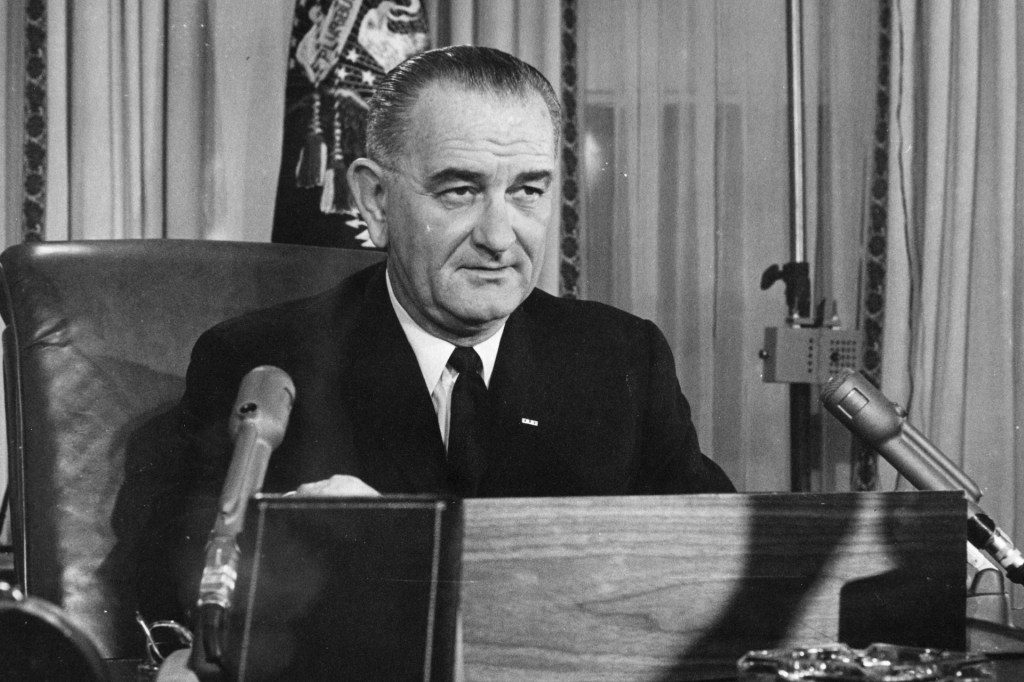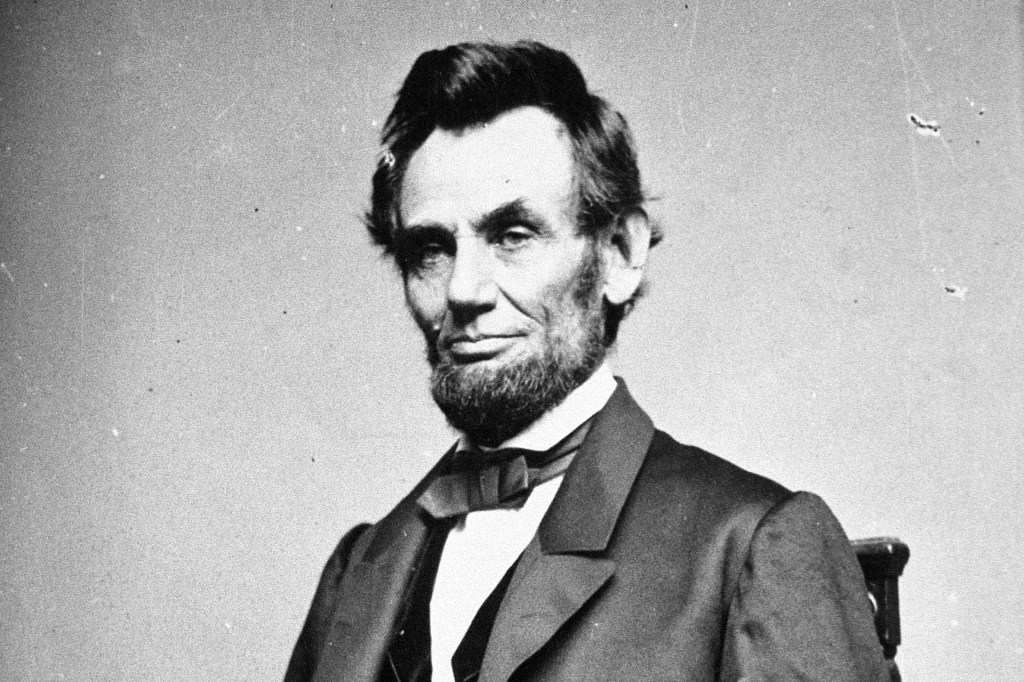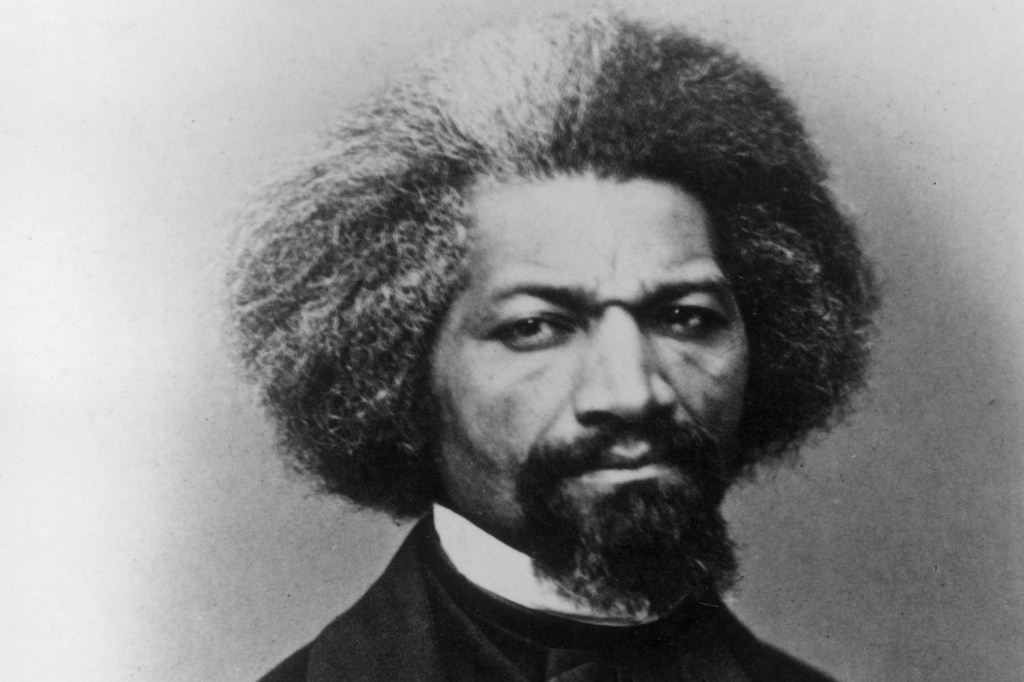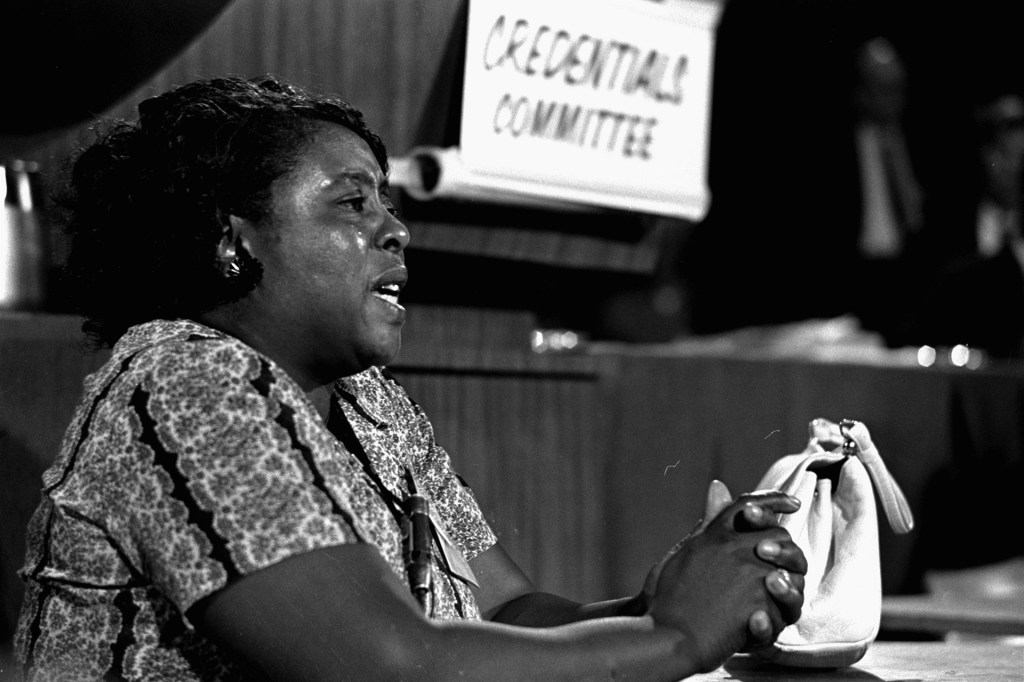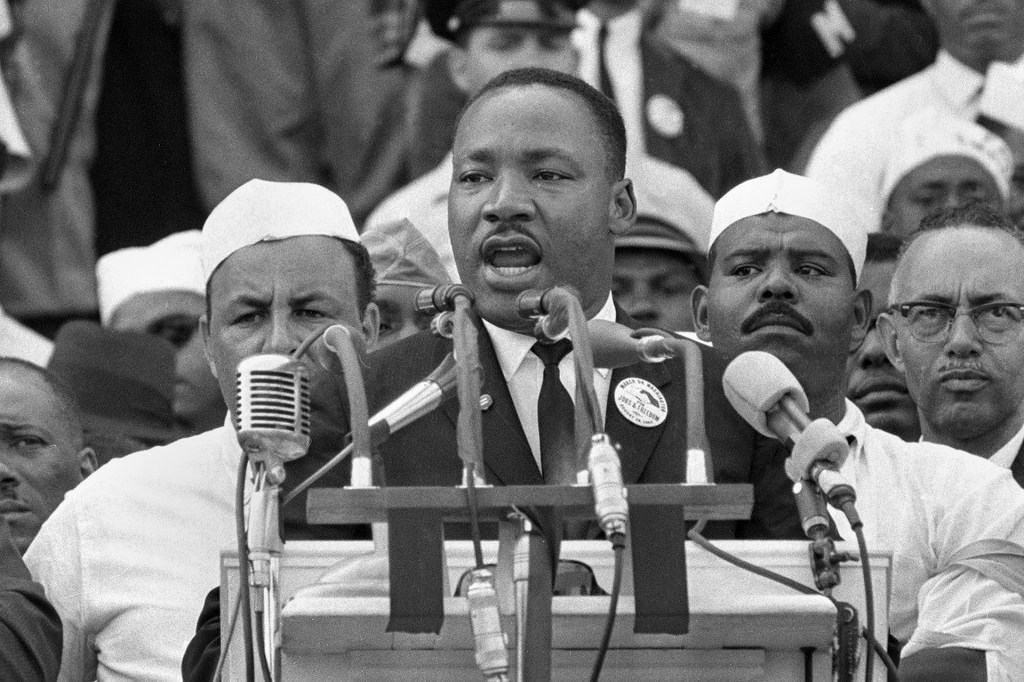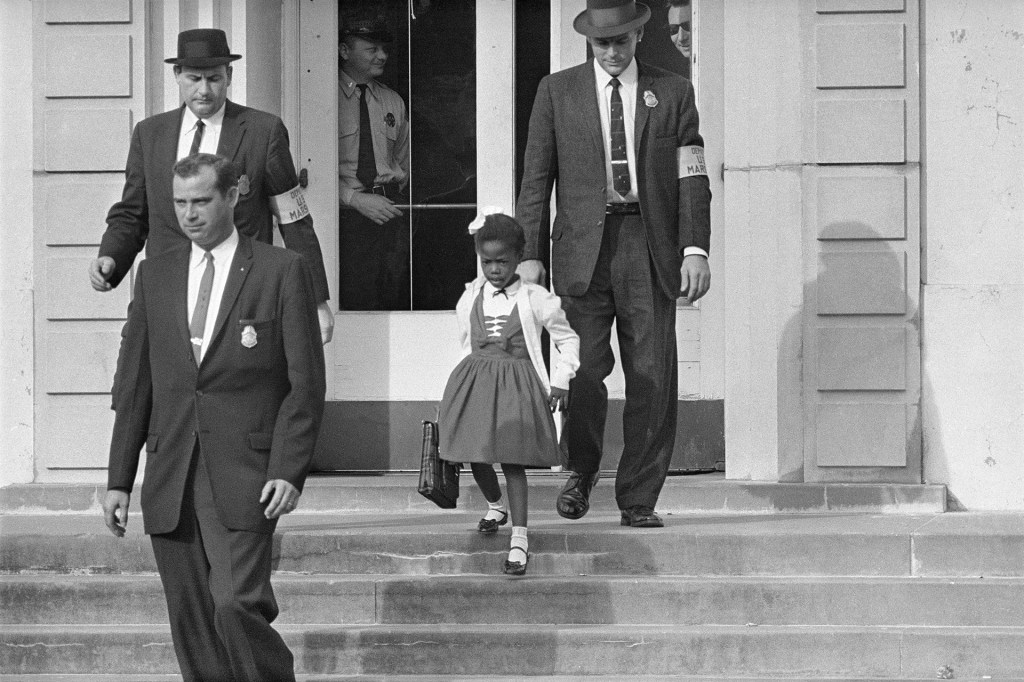Theodore “Teddy” Roosevelt
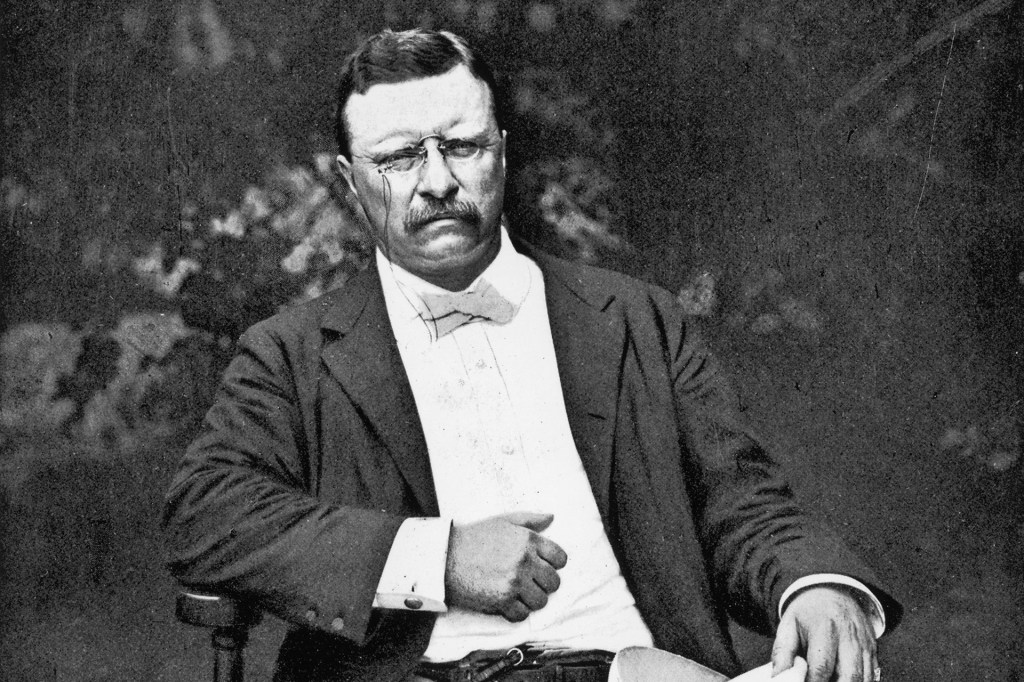
Theodore Roosevelt (October 27, 1858—January 6, 1919) was the 26th president of the United States. He pushed the country toward progressive social and economic reforms.
Theodore Roosevelt stares down from Mount Rushmore, in South Dakota. He is alongside giants: George Washington, Thomas Jefferson, Abraham Lincoln. Roosevelt is the only 20th-century president whose face is carved into the mountain. He was sworn in as the 26th president on September 14, 1901. At age 42, he was the youngest man ever to hold the office. Today, changes made during his presidency still impact the U.S. Who was this legendary American?
The Making of a Hero
As a young boy, Roosevelt suffered from asthma. He was considered too weak for school. So he was educated at home. His father, Theodore Sr., insisted that Roosevelt exercise. “Make your own body,” he urged his son. Roosevelt took up boxing and wrestling, and built up his stamina
stamina
 VIEWSTOCK/GETTY IMAGES
physical or mental energy needed to do an activity for a long time
(noun)
Jeff didn't have the stamina to complete his homework.
.
VIEWSTOCK/GETTY IMAGES
physical or mental energy needed to do an activity for a long time
(noun)
Jeff didn't have the stamina to complete his homework.
.
Throughout his life, Roosevelt was drawn to challenges. At 22, he climbed the Matterhorn. It’s a 14,692-foot-high mountain in Europe. As police commissioner in New York City, he took on corrupt police officers. He also actively enforced the law. During the Spanish-American War, he led his men at the Battle of San Juan Hill, in Cuba. He came home to tales of his bravery on the battlefield.
Roosevelt was more than a politician. He was a writer, an explorer, and a naturalist. He was the first U.S. president to make protecting the environment a political issue. He created the U.S. Forest Service. He also set aside 150 national forests, 51 national wildlife refuges, and five national parks.
A Square Deal for All
In 1900, Roosevelt became William McKinley’s vice president. A year later, he became president after McKinley was killed. Early in his presidency, Roosevelt, a Republican, decided that it was the government’s job to control big business. Unlike past presidents, Roosevelt was very hands-on when it came to regulating monopolies, or big companies. He went after railroad companies and other corporations that were competing unfairly. In 1904, the Supreme Court sided with Roosevelt. It ordered monopolies to be dismantled
dismantled
 ZERO CREATIVES/GETTY IMAGES
to take apart or disassemble
(verb)
The mechanic had to dismantle the engine to figure out what was wrong with the car.
. “We must demand that big business give the people a square deal,” he later wrote.
ZERO CREATIVES/GETTY IMAGES
to take apart or disassemble
(verb)
The mechanic had to dismantle the engine to figure out what was wrong with the car.
. “We must demand that big business give the people a square deal,” he later wrote.
In his second term, Roosevelt pushed through the Pure Food and Drug Act and a meat-inspection law. At the time, journalists exposed unclean conditions in the food industry. These journalists were called muckrakers. Upton Sinclair’s novel The Jungle is one example. In the book, Sinclair described many of the terrible practices of the meatpacking industry. Roosevelt read The Jungle. Then he convinced the public and the government to reform the food industry. Both laws still help consumers.

Although Roosevelt was a sickly child, his father encouraged him to exercise and explore nature. As an adult, Roosevelt became an explorer and naturalist. In 1903, President Roosevelt visited Glacier Point, in Yosemite Valley, California.
PHOTOQUEST/GETTY IMAGESA Man, a Plan, a Canal
Roosevelt is thought to have been the United States’ first modern president. During his presidency, the U.S. became a world power. In 1904, he announced the Roosevelt Corollary. “[The U.S.] must keep order” in North and South America, he said. He also worked with Congress to strengthen the Navy. He believed these steps would discourage enemies from attacking the U.S.
Roosevelt also negotiated peace deals throughout the world. He believed that the U.S. should be a global force. After Russia and Japan went to war, Roosevelt convinced the two nations to send representatives to peace talks in Portsmouth, New Hampshire. There, he got the countries to agree to end their war. He earned a Nobel Peace Prize for his efforts.
But, as Roosevelt saw it, “by far the most important action” he had taken in foreign affairs was building the Panama Canal. The canal was a vital shipping shortcut between the Atlantic and Pacific Oceans. In 1903, the U.S. signed a treaty with the new nation of Panama. In 1906, Roosevelt took a trip to see the canal being built. He became the first president to leave the U.S. while in office. It took 10 years and $387 million to dig the canal across 50 miles of jungle. “This is one of the great works of the world,” Roosevelt told workers at the construction site. “It is greater than you yourselves at the moment realize.”
At that moment, Roosevelt may not have known how influential a president he had become. “I have used every ounce of power there was in the office,” he wrote. “I do not believe that any president has ever enjoyed himself as much.”





